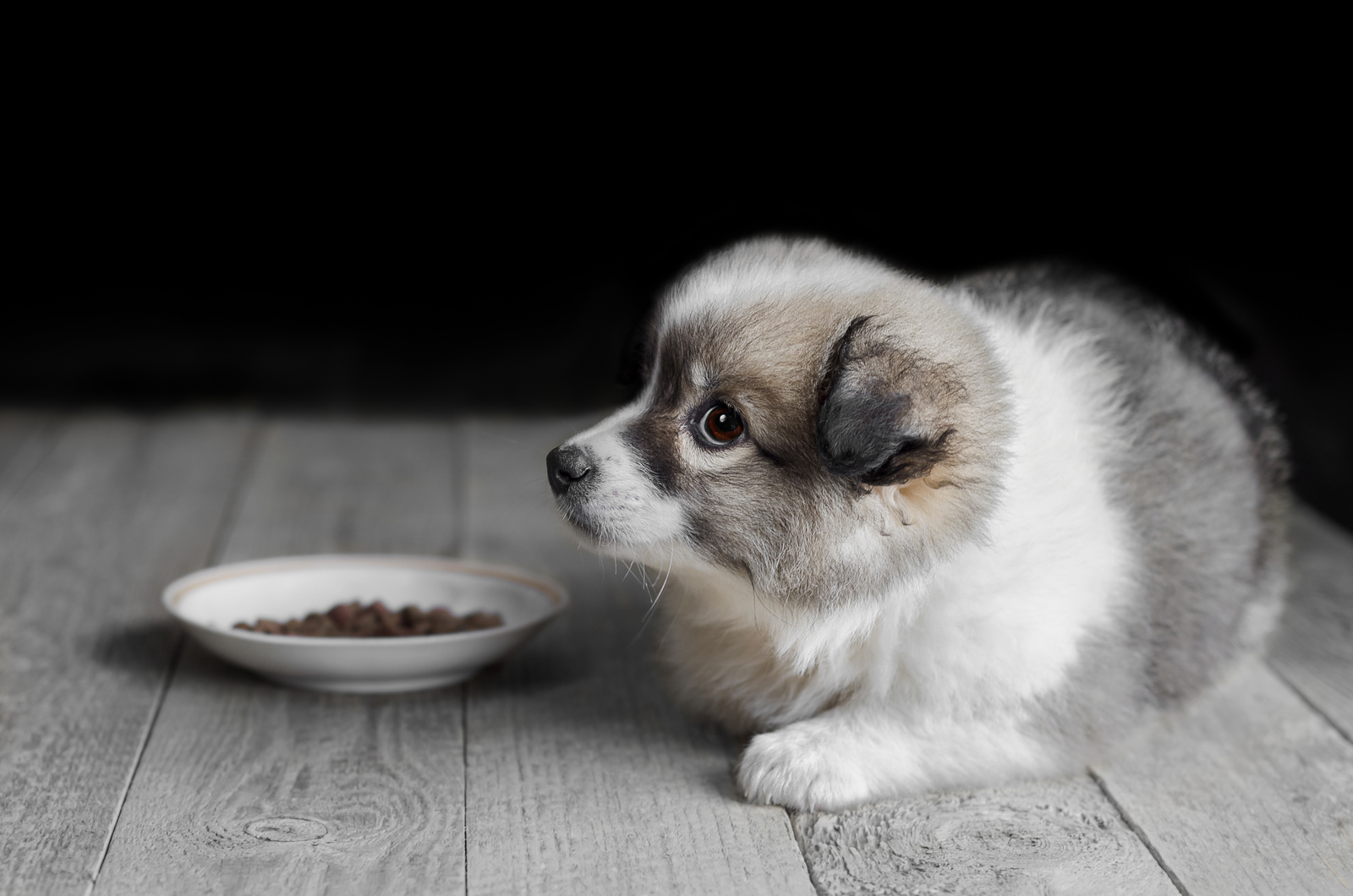What you put in your dog’s food bowl has a direct correlation to his health and happiness. There are several similarities between humans and dogs concerning nutrients and proper feeding. Dogs, like humans, are omnivores. This means that we need both meat and vegetables in order to be healthy. Our diet should include the right amount of protein, carbohydrates, fats, vitamins, and minerals that is necessary to acquire optimum health. We also need an unlimited supply of water to keep our body functioning and alive.
Similar to humans, dogs need to be fed according to their age, size, shape, and lifestyle. For example, a sheep dog that is working in a field will have a different diet then a spoiled Chihuahua that is living in a small house. Similarly, a pregnant female dog will have a different diet than that of an average male dog, and her puppies will require a higher amount of nutrients in order for them to grow healthy and strong. The aging dog will require different levels of nutrition than that of a growing puppy.

Therefore, it is crucial to know what type of food to give your pet, as well as the type of food to avoid. It is also important that you do not overfeed your dog. Although you may think that you are being a good owner by giving him big meals and lots of tasty snacks, what you are actually doing is harming the animal. By giving your dog more food than what his body requires, you are encouraging obesity and paving the way for illnesses such as diabetes.
There are many different kinds of dog food on the market today. The majority of these foods contain the right amount of nutrients that your dog needs for a well-balanced diet. The three types of food that you can choose for your dog are canned foods, semi-moist foods, and dry foods. In addition to his regular meals, there are also a wide selection of snacks and treats that you can give him for those times that he is well-behaved and during training sessions.
